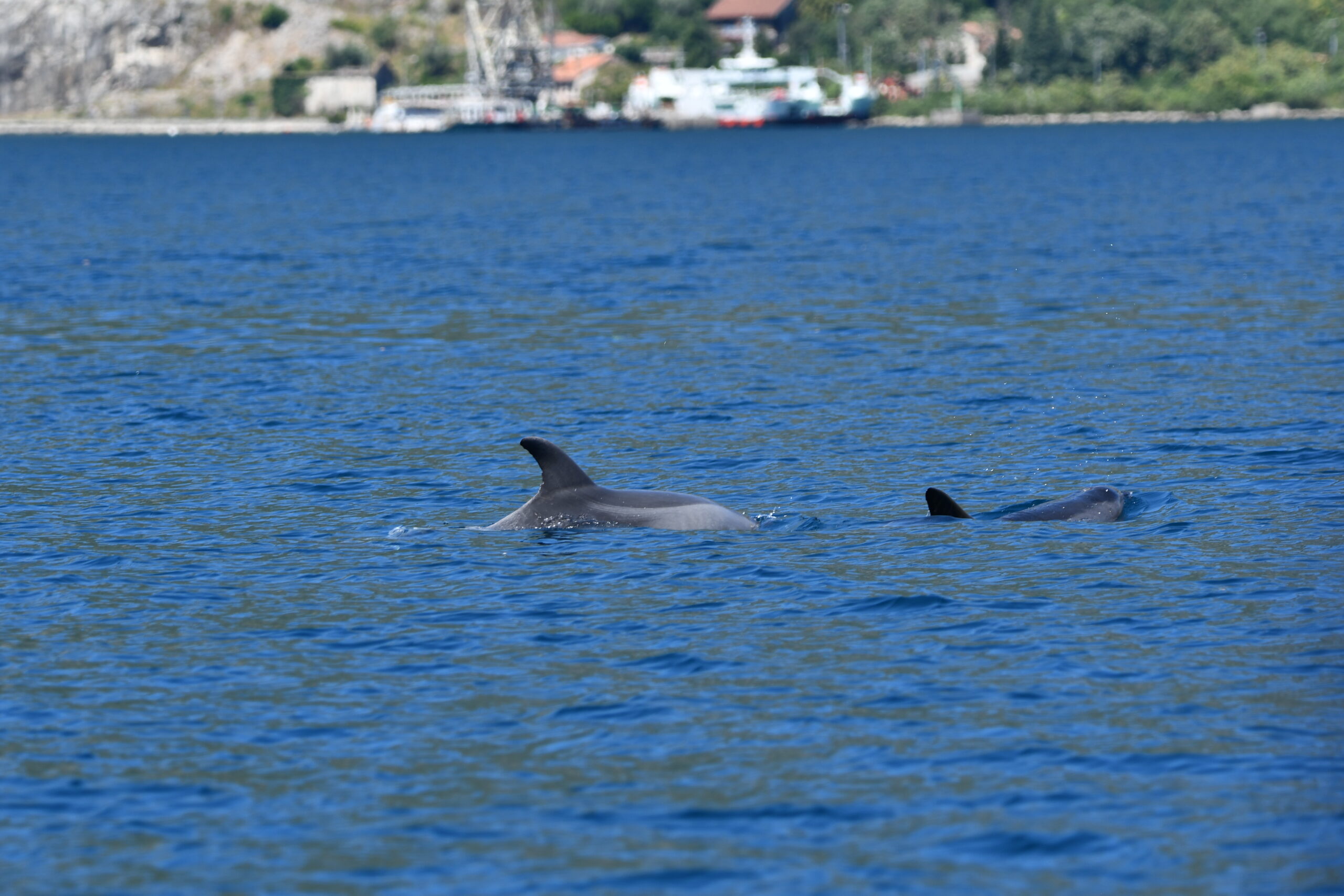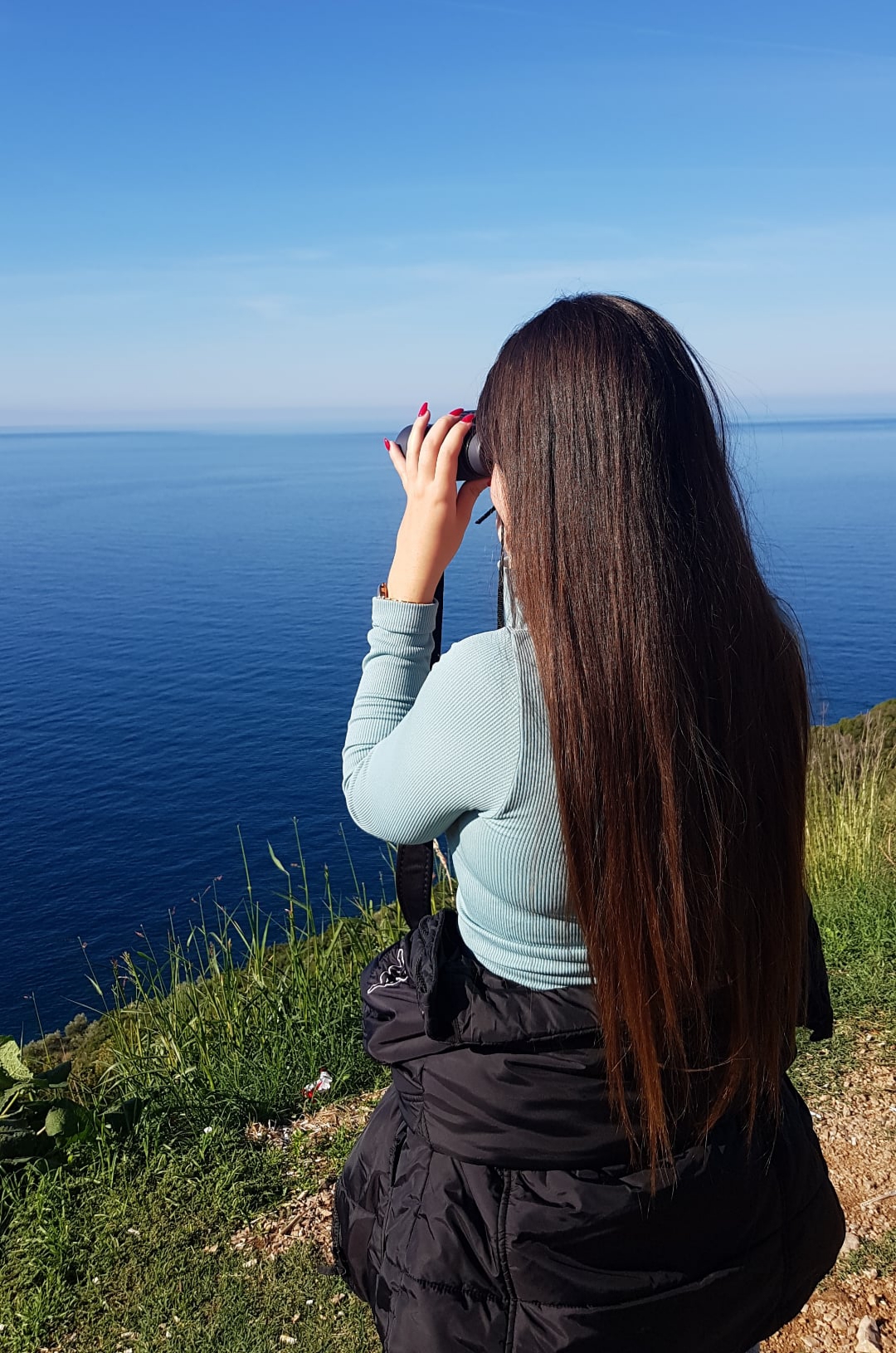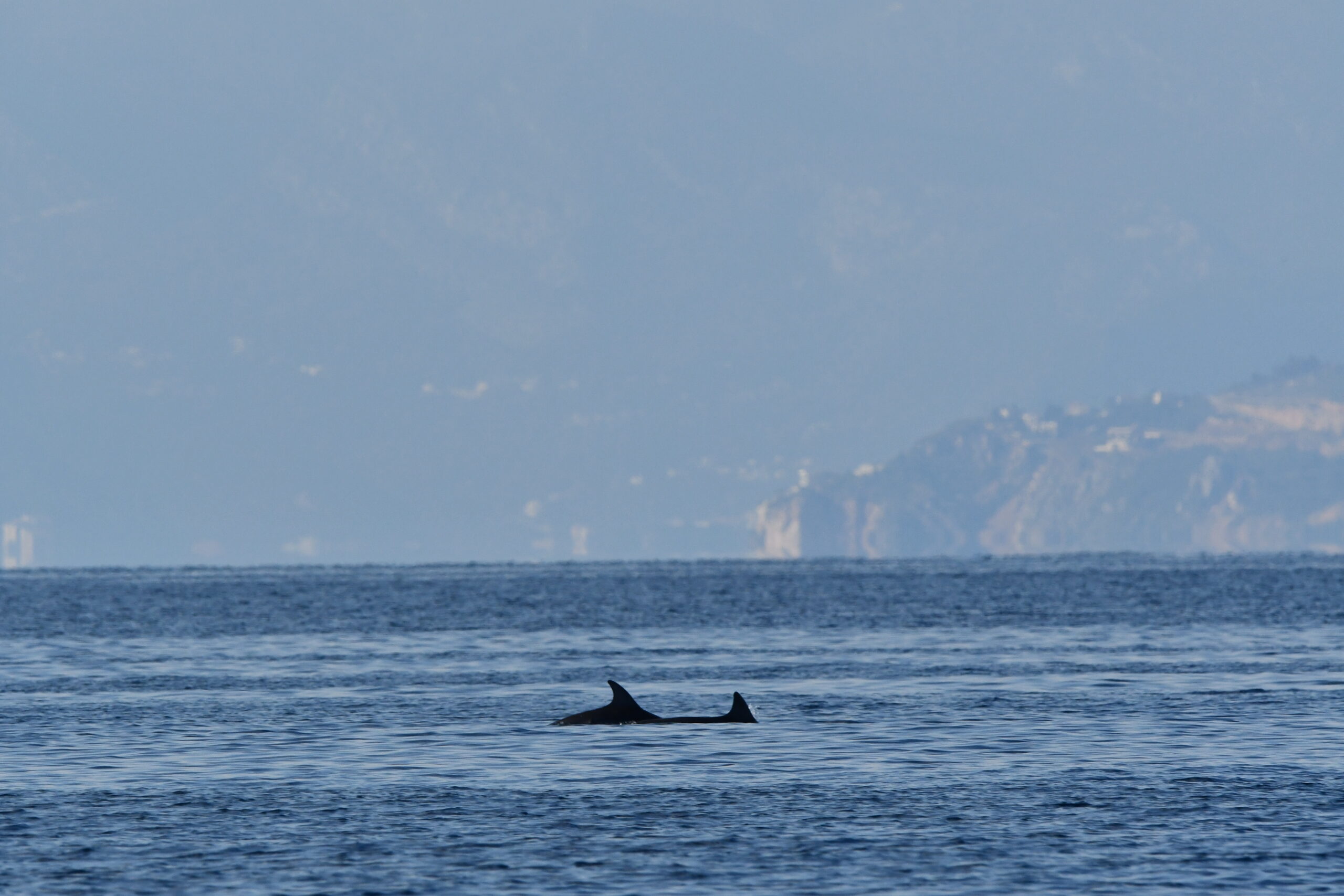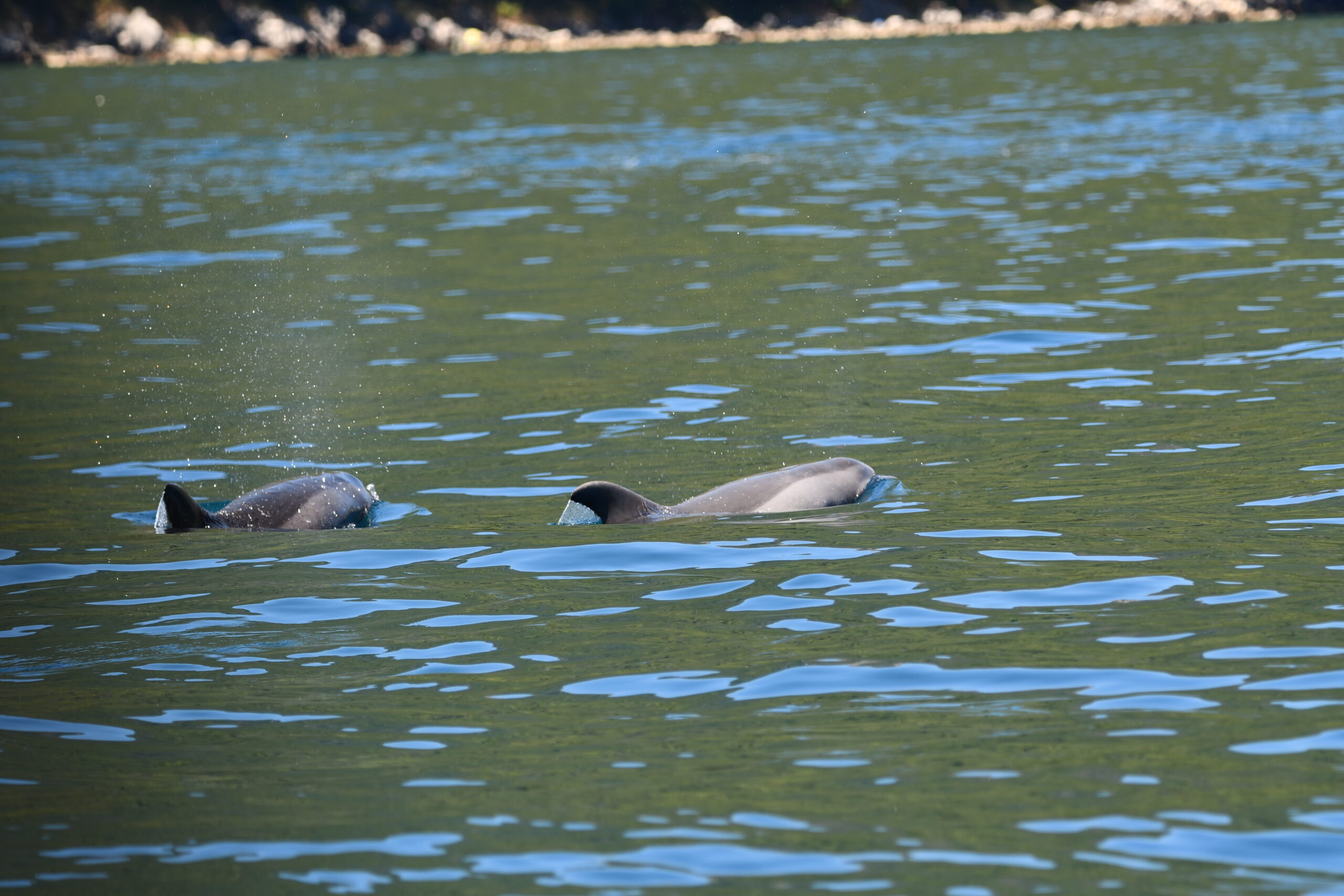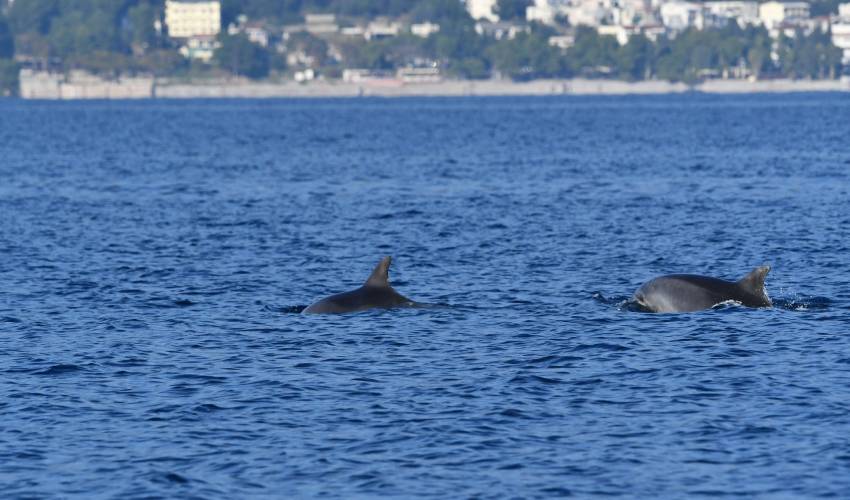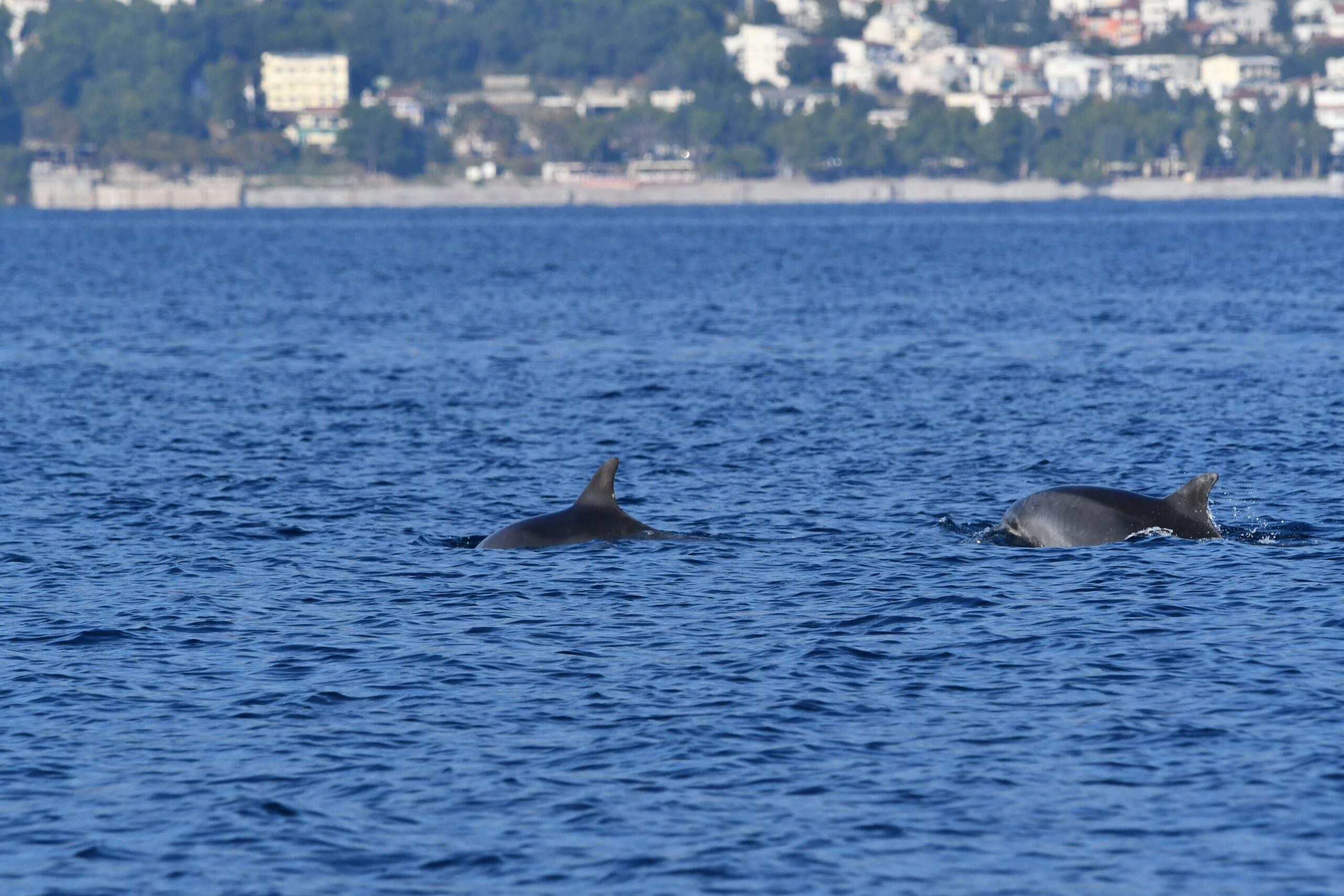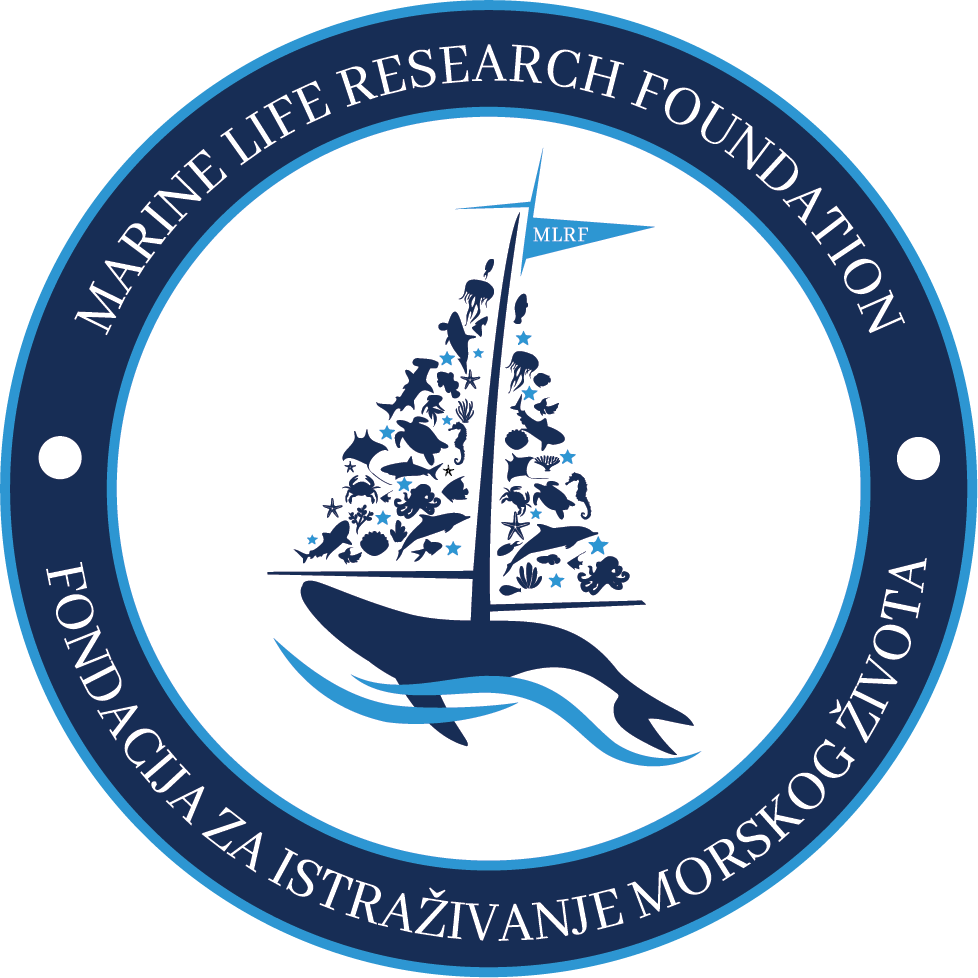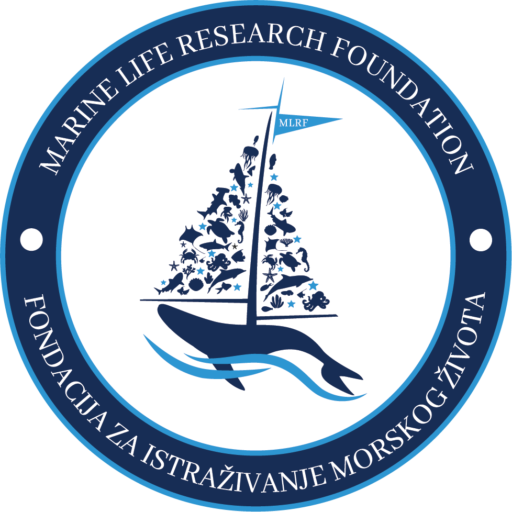Internship Opportunity at MLRF
Are you interested to set sails in cetacean research and conservation and become a marine biologist?
Overview: The MLRF Internship Program offers a unique opportunity for individuals interested in marine biology, cetacean research, and conservation efforts to gain hands-on experience in the South Adriatic Sea, an area of significant importance for cetacean populations. Through direct involvement with M.Sc. Natasa Nikpaljevic, participants will receive comprehensive theoretical and practical training, essential for anyone pursuing a career in marine conservation.
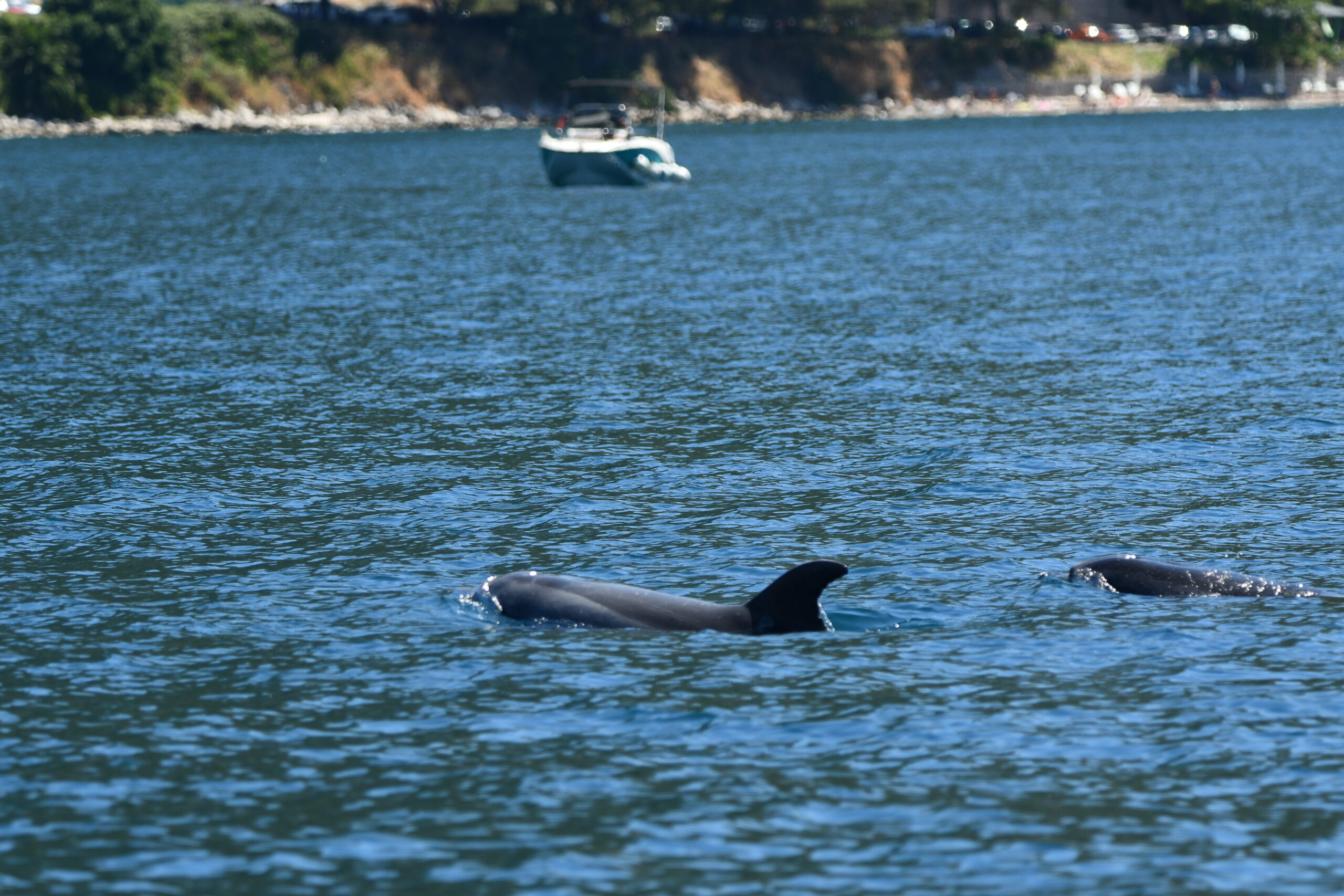
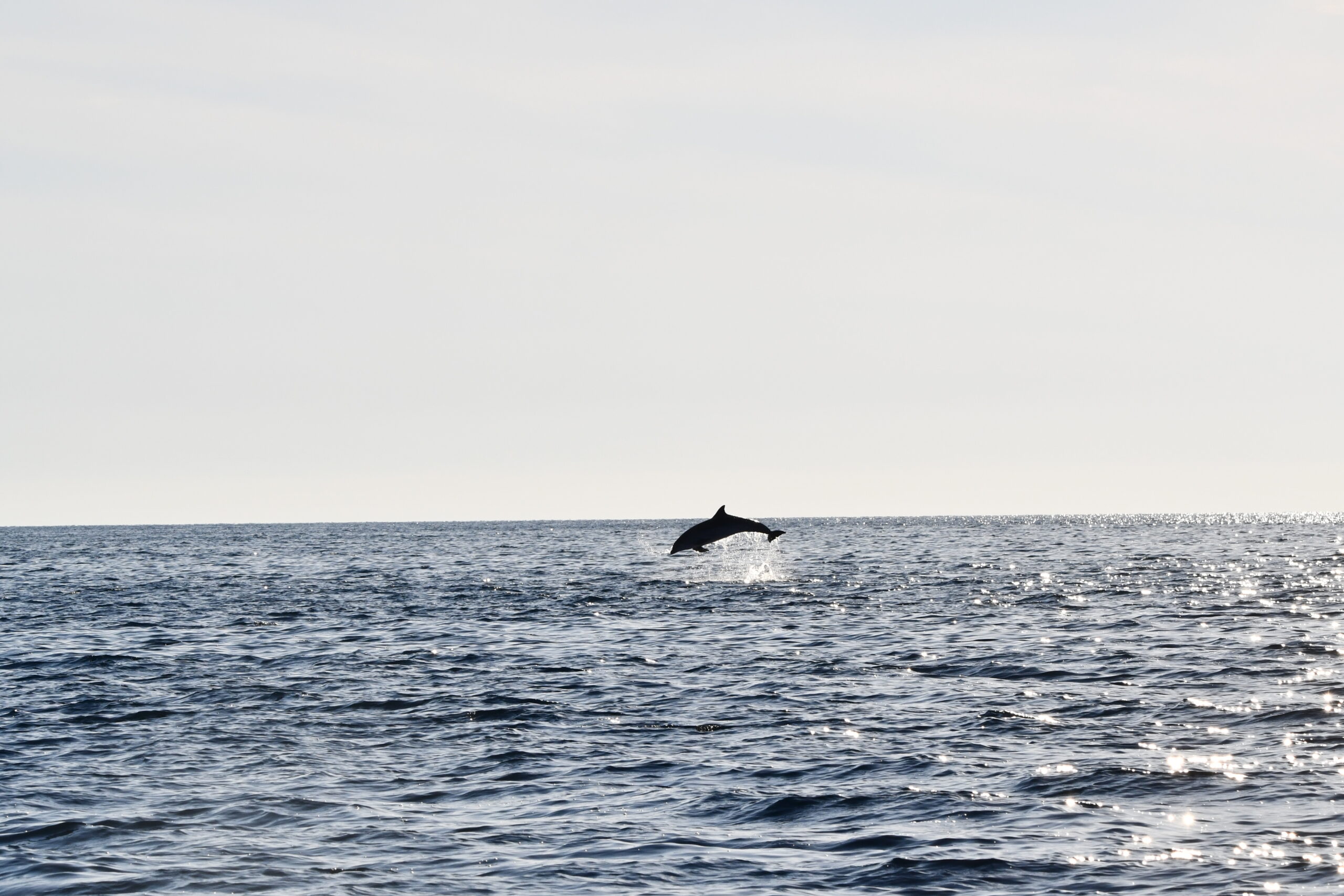
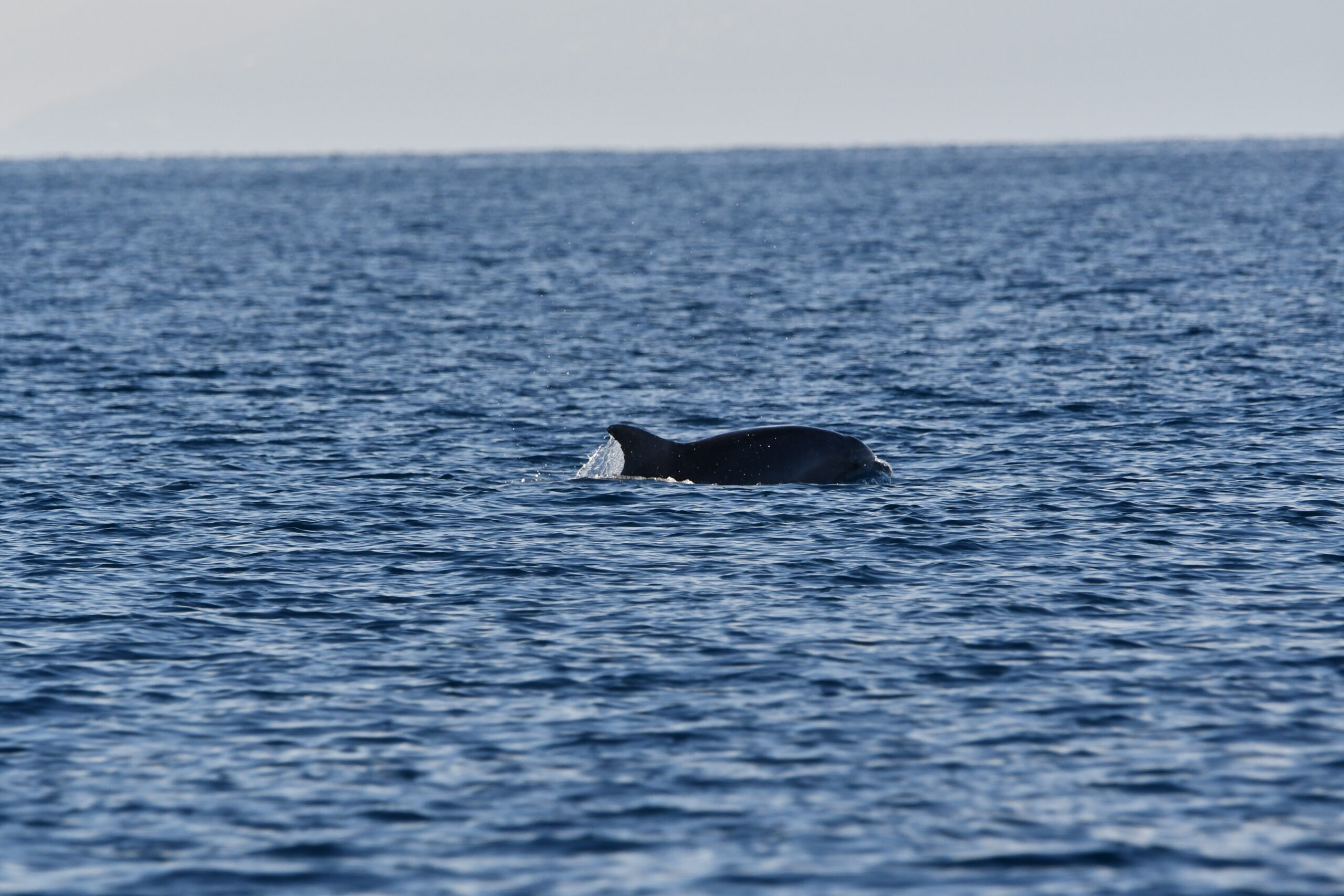
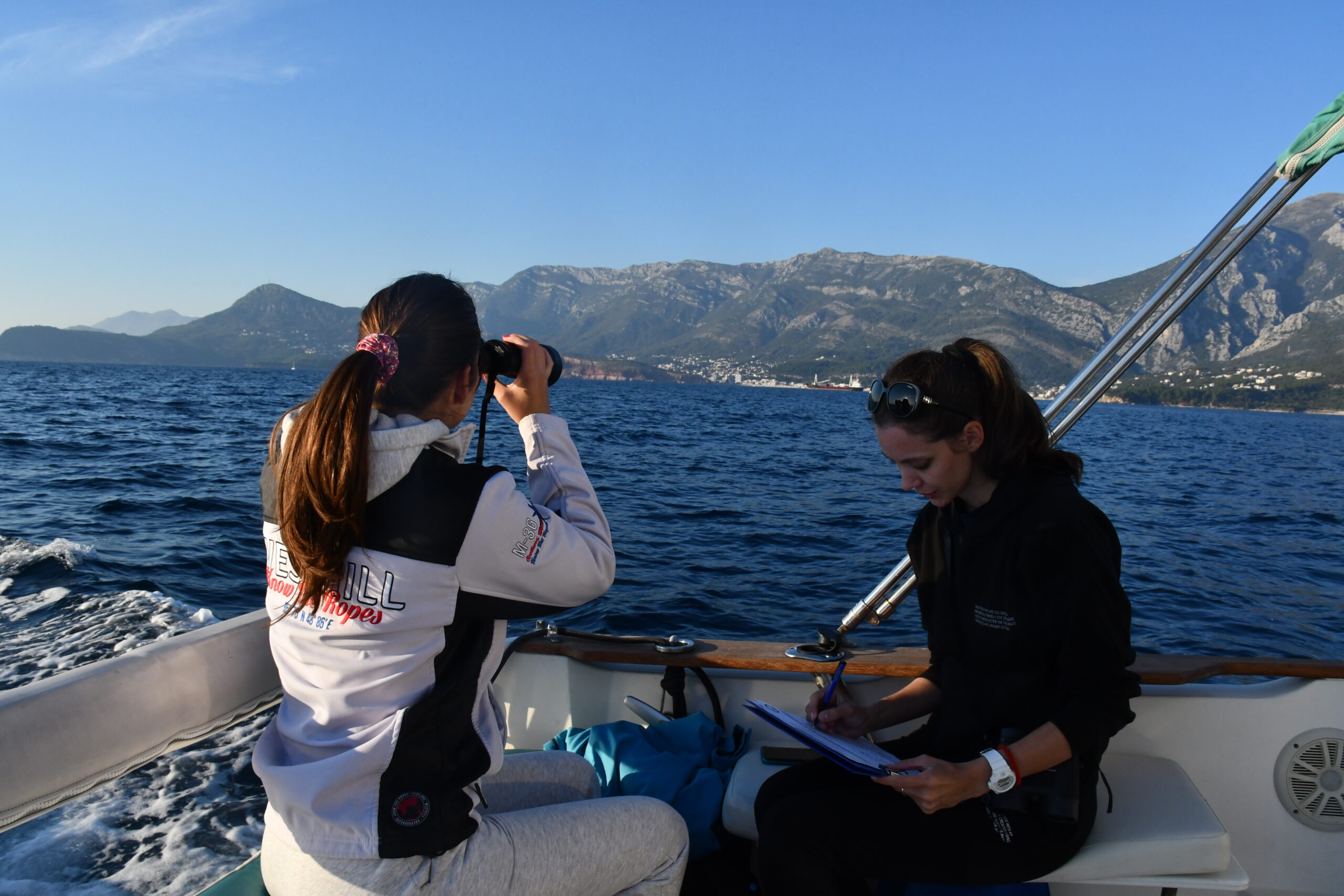
Program Duration
- Minimum Duration: 4 consecutive weeks
- Program Dates: Flexible (subject to availability)
Program Objectives
By the end of the internship, participants will:
- Gain a deep understanding of cetacean ecology, species identification, and behavior.
- Learn the latest research methodologies used in cetacean studies.
- Participate in practical fieldwork, including data collection and equipment use for cetacean research.
- Understand the importance of stranding response and how to deal with cetacean strandings effectively.
- Become proficient in data analysis using different software tools employed in marine biology research.
- Develop skills in organizing and leading public awareness programs, essential for promoting cetacean conservation.
- Contribute to ongoing conservation efforts while gaining hands-on experience in a field setting.
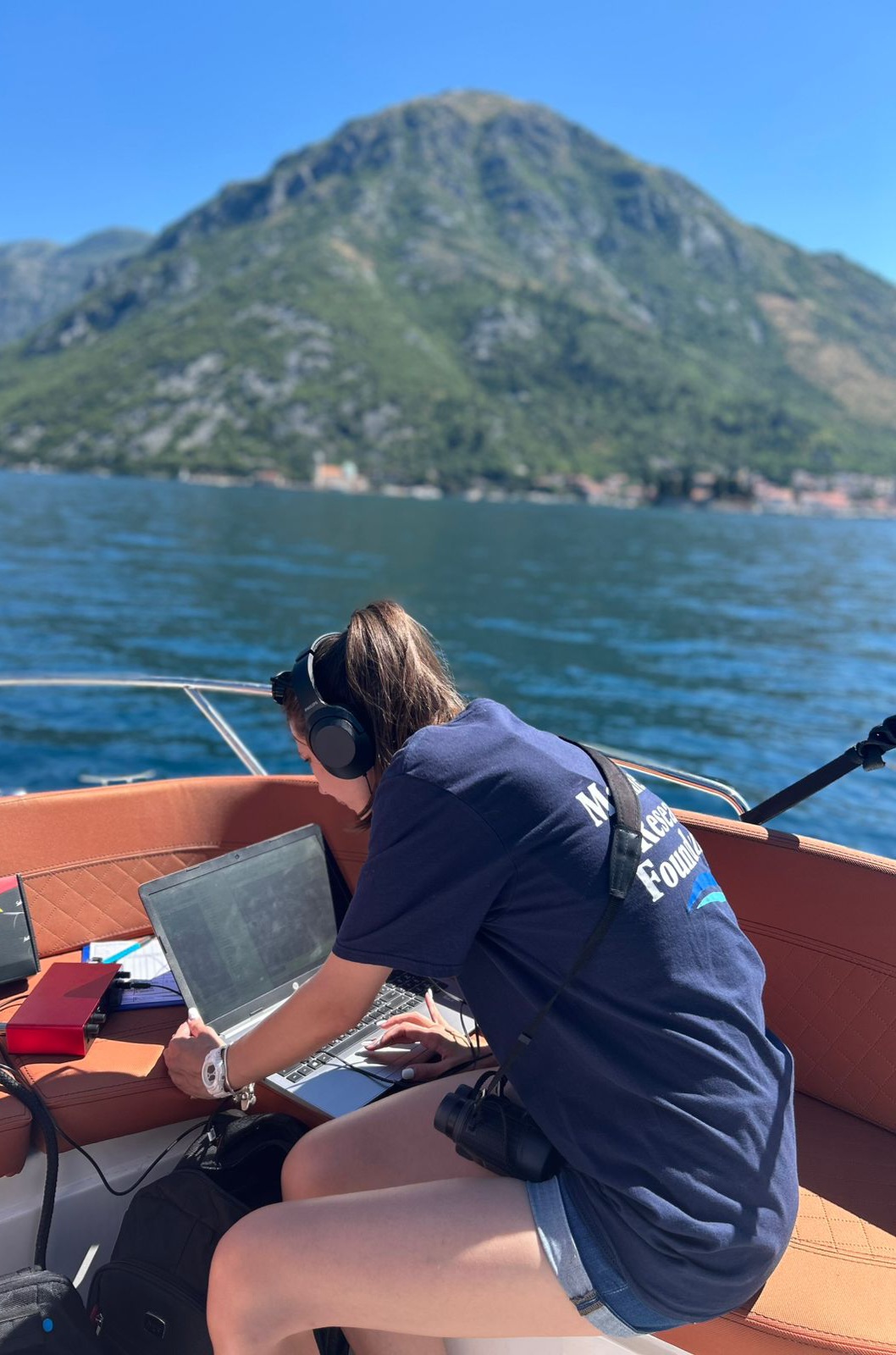
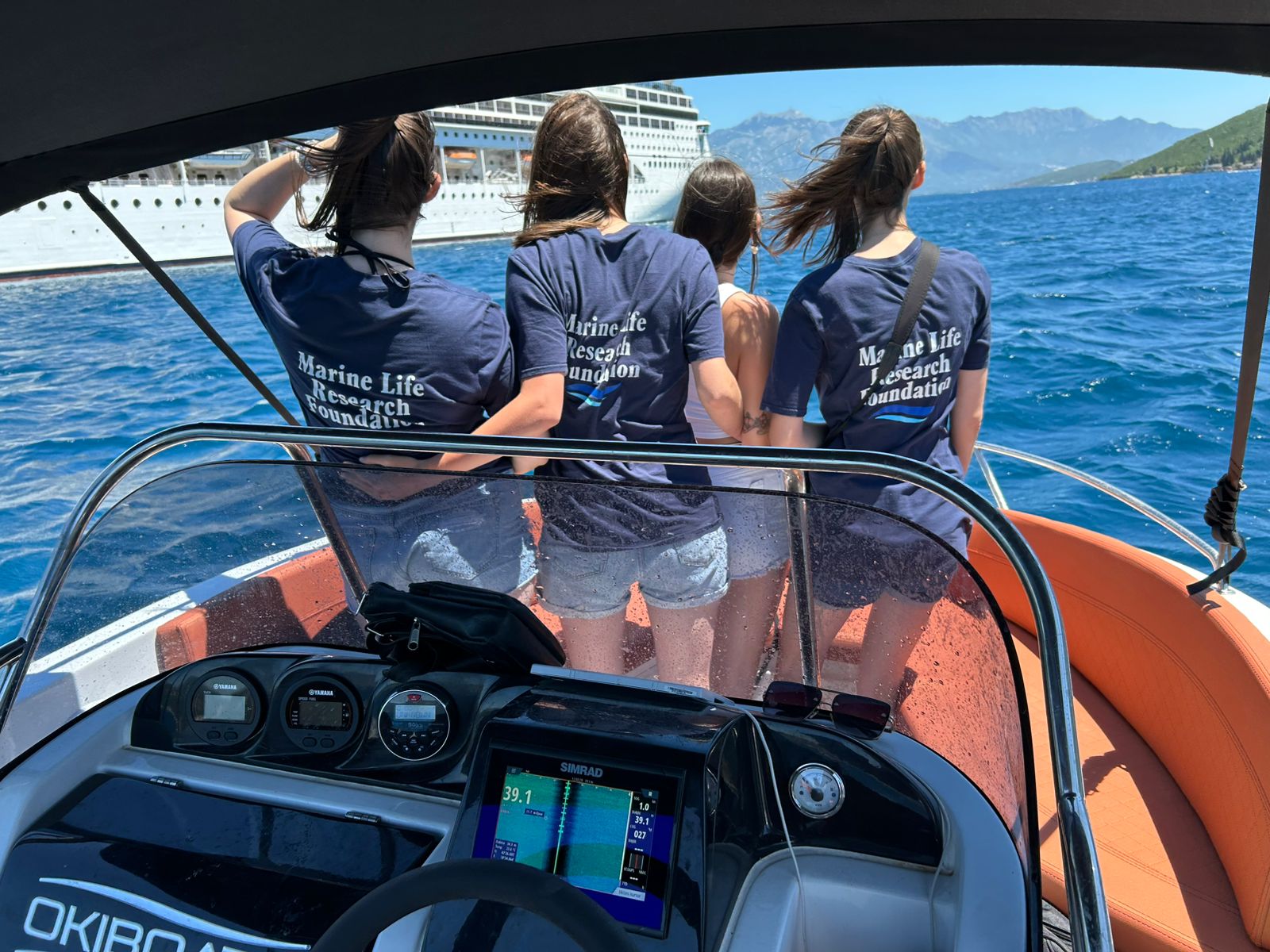
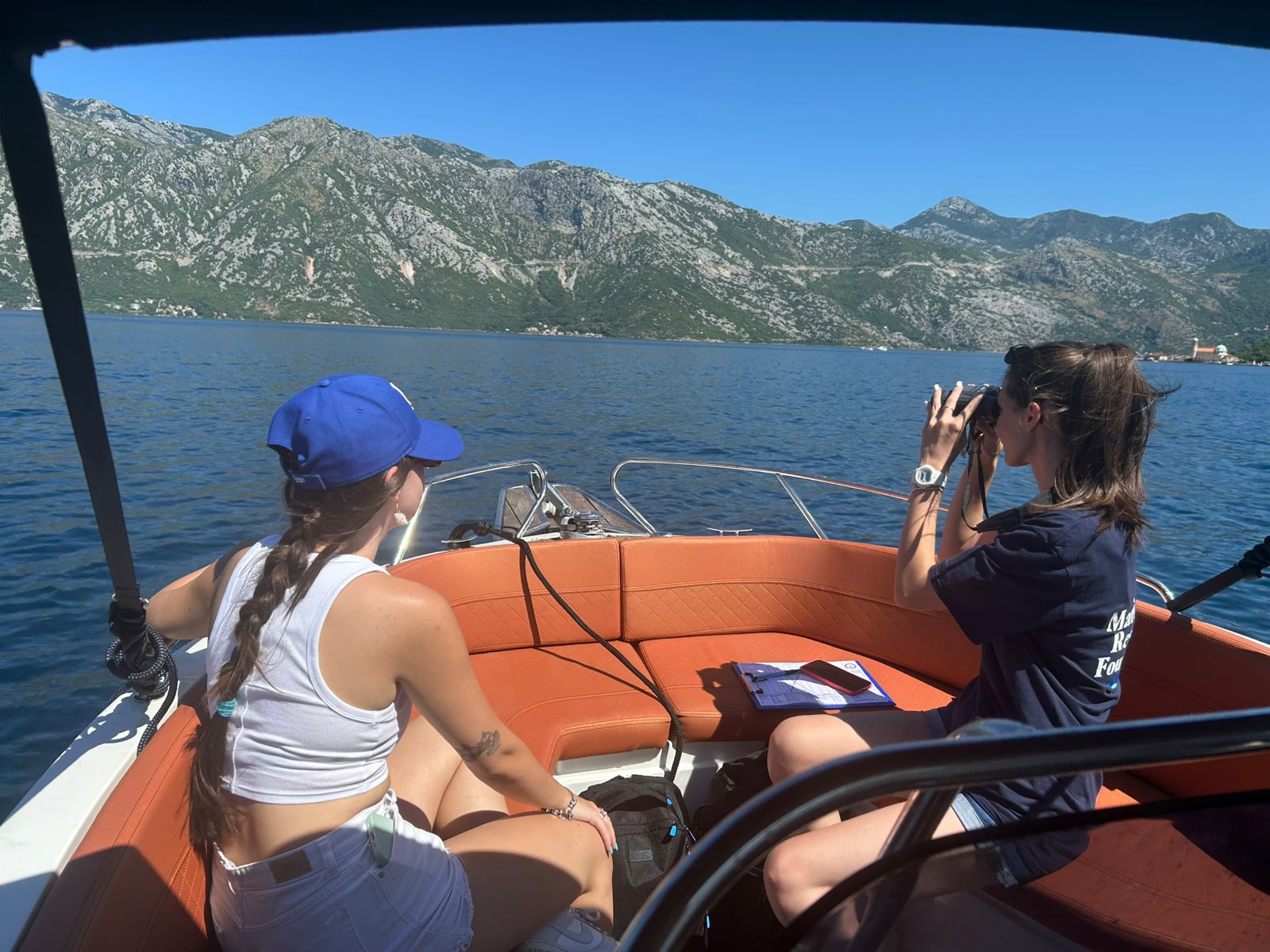
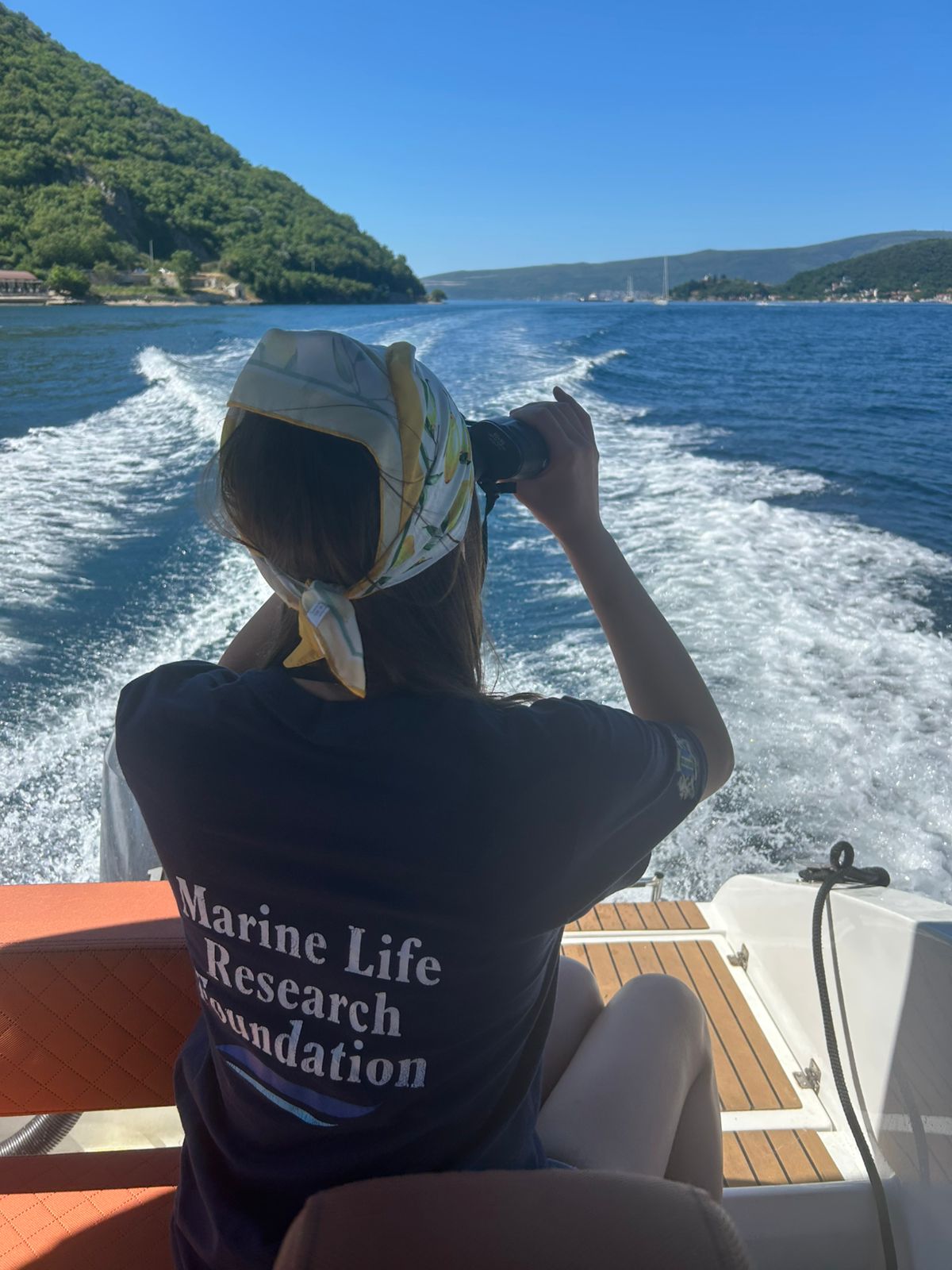
Program Structure
1. Theoretical Training (Week 1–2)
Introduction to the foundational aspects of cetacean research and conservation.
- Cetacean Ecology – Understanding cetacean species in the Adriatic, their behaviors, habitats, and migratory patterns.
- Research Methodology – Overview of various research techniques, including tracking, photo-identification, acoustic monitoring, and behavior studies.
- Stranding Response – Learning the procedures for responding to stranded cetaceans, including the protocols for data collection, rescue operations, and post-mortem investigations.
2. Practical Training (Week 3–4)
- Fieldwork and Data Collection – Hands-on training in the use of field equipment. Participants will actively join research teams in the field, collecting data on cetacean sightings, behaviors, and other ecological observations.
- Stranding and Rescue Operations – Active participation in any ongoing stranding response activities, including field-based work, documentation, and communication with local authorities.
- Software and Data Analysis – Introduction to data analysis tools such as QGIS, R, and other marine biology-specific software. Participants will process the data collected during fieldwork, drawing conclusions about cetacean populations and behaviors.
3. Public Awareness Program (Throughout the Program)
- Community Engagement – Learn how to organize and participate in educational programs, workshops, and outreach activities aimed at raising public awareness about cetacean conservation. Participants will gain experience in public speaking, social media engagement, and event organization.
- Campaign Development – Design and implement small-scale awareness campaigns, including creating educational materials and online content to promote conservation efforts.
Eligibility
View Requirements
- Applicants must be enrolled in or have recently graduated from a university program in marine biology, environmental science, or a related field.
- No prior cetacean research experience is required, though a strong interest in marine life and conservation is essential.
- Applicants should be physically capable of participating in fieldwork activities, which may include outdoor work, occasional hiking, and long hours on boats or shore-based operations.
Internship Fees
What’s Included in the Fee
Due to the limited funding available for conservation projects, this program is fee-based to support the ongoing research and conservation efforts. The fee covers:
- Accommodation during the internship period.
- Training materials, equipment, and software access.
- On-site transportation for fieldwork and research.
- Mentorship and educational guidance from M.Sc. Natasa Nikpaljevic.
Application Process
1. Required Documents
- Updated CV/Resume.
- Cover Letter expressing your motivation and goals for participating in the program.
- One letter of recommendation (from an academic advisor or professional in a related field).
- Proof of health insurance for the duration of the internship.
2. How to Apply
Send your application package (CV, cover letter, recommendation letter) to:
info.marineliferesearch@gmail.com
Testimonials from Past Interns
Contact Information
For more information or inquiries, please contact:
Email: info.marineliferesearch@gmail.com
We look forward to welcoming passionate, dedicated individuals who are eager to contribute to cetacean research and conservation efforts in the stunning and ecologically important Adriatic region.
